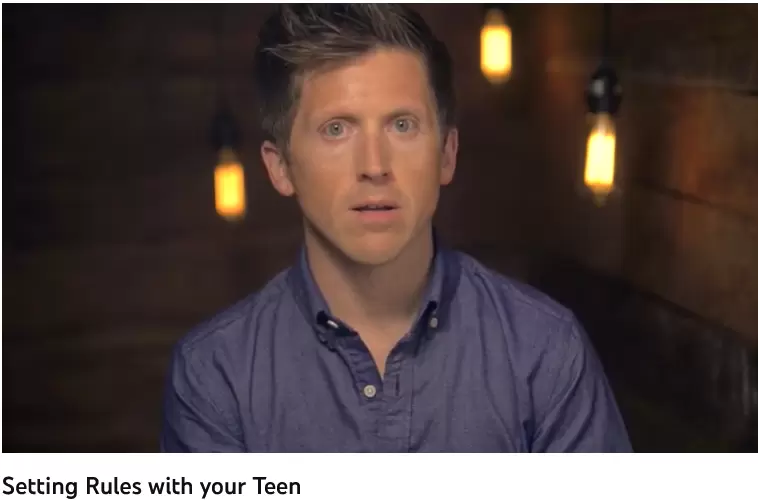
Setting rules for the house is essential. If the rules are not clear or not consistent, your teen will not know the standards and will experience your response to her behaviour as arbitrary. Establishing and enforcing clear rules teaches children about limits and acceptable behaviour. It also provides the framework in which they learn to manage their emotions in response to life’s disappointments, and instills the discipline needed to be successful later in life. It also sets boundaries to keep them safe when they aren’t making good choices for themselves.
Creating the Rules
The first step in creating rules it to list your child’s problem behaviours. Choose the three or four behaviours tht are the most important to target. Priorities would be those that pose a safety risk or may lead to legal trouble. The reason for limiting the number is that for a rule to be effective, it must be enforced consistently, and it will be very difficult for you to enforce ten rules. Once a list drawn up the rules need to be created. Rules are to be very specific and the expected behaviour clearly defined. There can be no room for discussion.
Consistent Enforcement
Rules must be enforced each time they are violated. If you do not enforce the rule consistently, it will not change your child’s behaviour.
Find the Loopholes
Take into consideration any possible loopholes and make adjustments to fill these loopholes. E.g. if you say your teen has to be home by 10 p.m. specify as per the clock in the kitchen. So to eliminate loopholes take some time to consider how your child might attempt to manipulate the ride.
Establish Consequences
Take a look around the house and consider the things that bring pleasure to your child’s life as well as any privileges he may have. The majority of what you see is fair game except for basic rights.
Basic Needs
Your child may need food, and clothing but he doesn’t need snacks, treats, trendy clothing or high fashion. Because trend is very important to teens they make an excellent consequence for behaviour.
Positive Activities
Don’t remove positive activities because they provide an opportunity to grow and develop socially, and to form friendships with kids who are not getting into trouble. If you remove these activities your child may begin to turn toward peer groups that are not involved in prosocial activities. Consider favourite electronics, fredoms, clothing, foods, or any other item or privilege that would be meaningful to your child.
(It may be a case if the child is warned ahead of time what the consequence is that they will take remedial action to prevent or lessen the effect, so sometimes inflicting the consequence without their pre knowledge may be necessary. E.g. misses going to a concert because of behaviour, removal of a beloved item while they are not at home.)
Serious Consequences
Think carefully about involving the Police in any consequences such as an over night stay. There may be occasions when this is necessary, but use it as a last resort.
Chores as a consequence
Some parents find that assigning additional household chores makes an effective consequence. Have a to do list.First you must have a plan in place in case your child decides not to do the chores. Be prepared with an additional consequence that you can enforce till he complies. You must also consider how the chore compares to the offence. For this strategy to work the chore must be significant enough to match the severity and perceived benefit of the behaviour.
Useful Consequences for Working Parents
If a parent is out working all day they are unable to supervise a grounded teenager and therefore consequences like denying access to an item that can be removed may be more profitable. The key is to find something your child values and that you are able to enforce restricted access to
